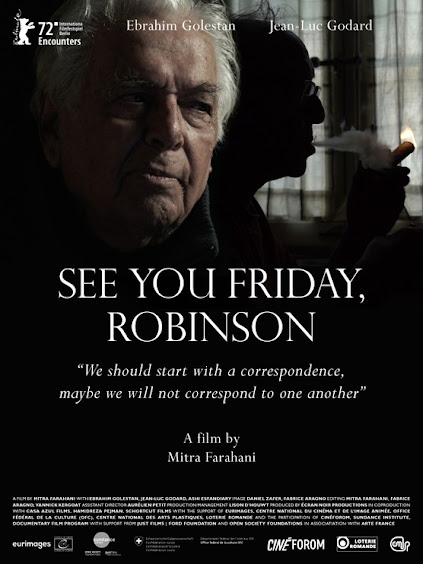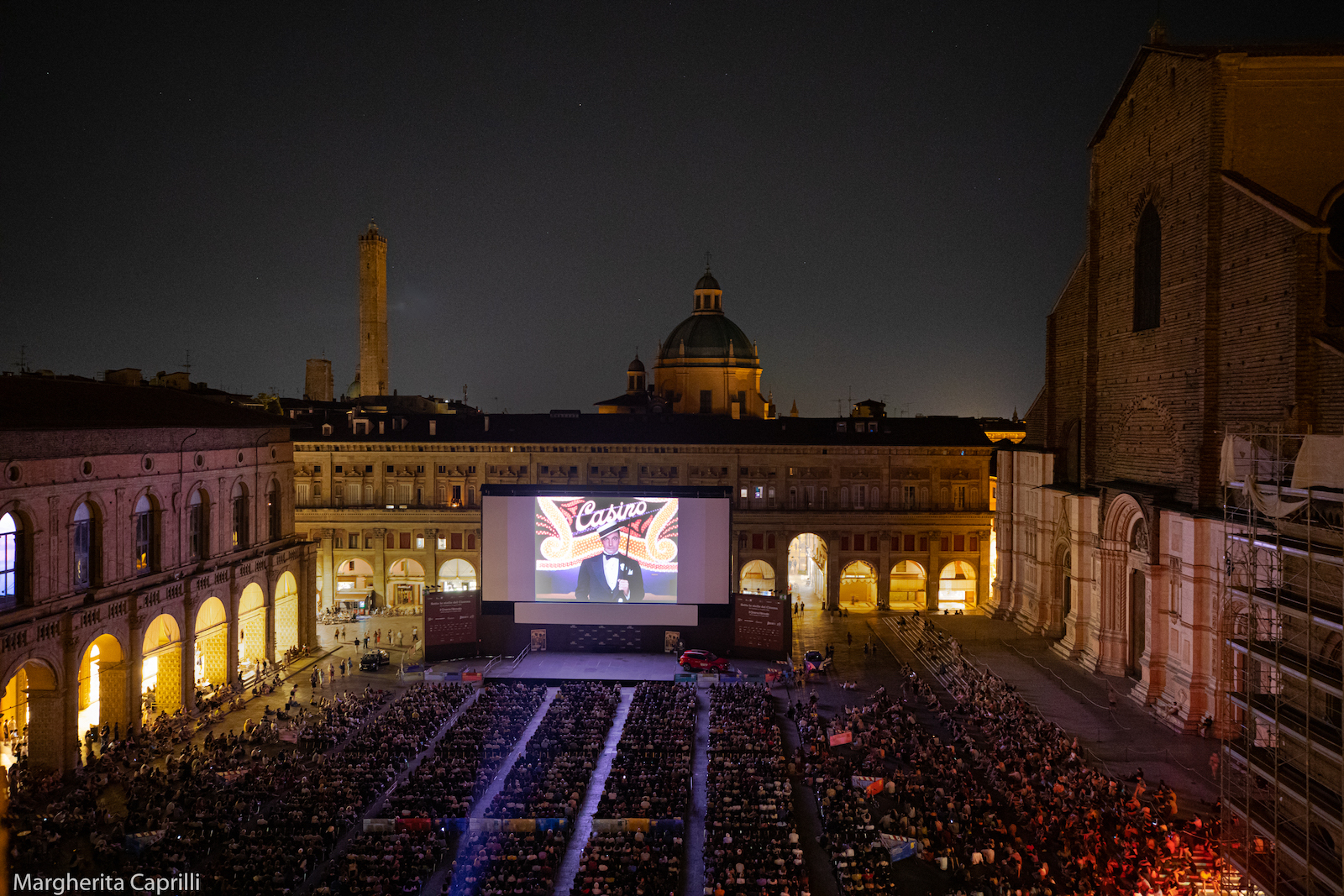 |
This retrospective took place in Vienna, as part of the Viennale. RIP Ebrahim Golestan (1922-2023) – EK
Session#1: Fires of Forough
Fire-Fight at Ahvaz (1958) / A Fire (1961) / Courtship (1961) / The House Is Black (1962)
Total running time: 88 mins
A look at Golestan's oil documentaries, as well as examining his collaboration with poet and filmmaker Forough Farrokhzad. In 1958, an oil well in southwest Iran caught fire. Abolghassem Rezaie, the son of one of the pioneers of Iranian cinema, made Fire-Fight at Ahwaz about the disaster. When Golestan saw the black-and-white footage, for which he wrote the narration, he saw that the story held even greater potential and decided to produce his own version of the events – this time in colour. Golestan's version, A Fire, proved to be his first major international success. It was edited by Farrokhzad, who combined her poetic sensibilities with Golestan's more symbolic approach. Farrokhzad also acted in Courtship, a short made for Canadian television, in which Golestan demonstrates a marvellous ability with mise-en-scène, especially in his assured use of the camera. In the same year, Farrokhzad made The House Is Black, set in a leper colony in northwest Iran. Celebrated as one of the greatest films ever made, it is a dialogue between the passions of the poet (Farrokhzad) and the voice of reason (Golestan).




.jpg)


.jpg)
.jpg)

